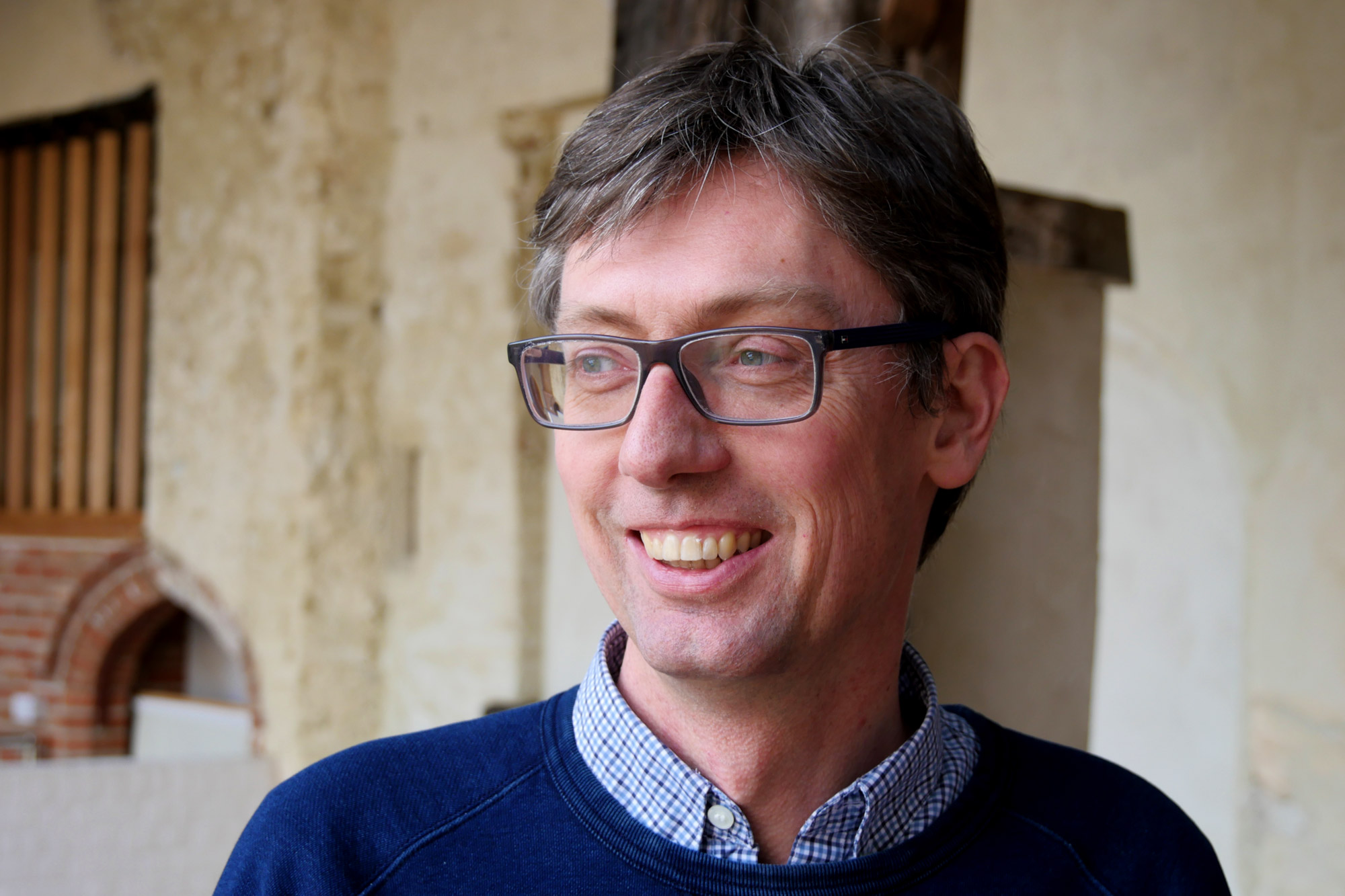
Richard Lambert is a poet and author whose work often crosses the parameters of genre. He has released two collections of poetry, Night Journey (2012), and The Nameless Places (2017). His work has appeared in The Spectator, the TLS, and the Poetry Review, among others. In 2017, he was longlisted by The Sunday Times for his short story ‘The Hazel Twig and the Olive Tree.’ His debut YA novel, The Wolf Road, is due to be released in February 2020 by the independent publisher, Everything With Words.
Your novel is being published by Everything With Words, tell us a little about it…
My novel is for young adults and it’s called The Wolf Road. I wanted it to be a compelling story, told in a spare, slightly poetic style. It’s about a teenage boy who goes to live in the Lake District after the death of his parents in a car accident that he believes was caused by a wolf. He struggles to adjust to his new life and gradually becomes convinced that the wolf has pursued him to the Lakes and wants to do him harm.
It will be amazing to see my story become a real book, a physical object in the world.
It’s being published by a new, small, independent publisher of children’s and YA fiction, Everything With Words, who are producing some really original books, with lovely artwork, so I’m thrilled. It will be amazing to see my story become a real book, a physical object in the world.
How did NCW and the Escalator scheme impact your journey as a writer?
The main thing the Escalator scheme did for me was to give me confidence. Writing is a solitary business, and a bit soul-destroying when you send your work out into the world and it gets ignored, so any boost or encouragement makes a difference. Just getting on the scheme was a big deal. The mentoring helped, that a writer liked my work and wanted to help me improve it. And the ongoing help from NCW with things like making applications for grants has been a real practical support since the scheme has ended.
But probably the most important thing for me was the other people on Escalator. We have gone on meeting since Escalator finished, and for me, this has been brilliant – the writing life is for me a shared enterprise in some sense. I’ve learned much of what I know about writing from talking to my friends, discovering new writers via hearing who they like to read, and had their support when I’ve had disappointments along the way.
Have you got any tips for genre-writers out there?
What I love about genre-writing, when it’s done well, is that the stories are so strong. There’s a much greater emphasis on a gripping plot. And the stakes for the characters are higher, the jeopardy greater. For example The Glass Key by Dashiell Hammett is one of my favourite novels – odd, unputdownable, totally compelling. I’ve tried figuring out how novels like this work, and I’ve found that helpful when I’m plotting my own stories, so that’s the main tip I’d give – taking a favourite novel and for each chapter/scene asking what action does each character take, and what has changed by the end of the scene/chapter? And then doing the same with your own story.
What if instead of X happening, Y happens instead?
When I’m plotting my own stories ahead of writing, once I have an idea, I try in a fairly mechanical way to adjust elements to increase the tension/jeopardy/suspense. During the writing, I find ideas are generated then too, so it can be good to use that energy of actual writing to see what comes up in the moment. And again in the editing process – ‘what if instead of X happening, Y happens instead?’ So, not being too fixed, but being fluid with your scene at each stage of its development, until it feels it’s working well. But I’m still learning how to put stories together.
Your writing matters to you personally, so sending it out into the world has some personal risk involved. Rejection is part of the process in the publishing world and I don’t think there’s any way round that. Any encouragement or criticism that they give is useful – use it.
Richard was selected for the Escalator programme back in 2017, where he took part in a series of development opportunities which culminated in a literary showcase event at the Free Word Centre. Find out more.
Donate to take Escalator to the next level
Each year, Escalator provides a cohort of emerging writers from the East of England with bespoke mentoring, skills development masterclasses, industry connections and showcases.
So far, Escalator has transformed the careers of over 130 writers, helping them hone their craft, get published, earn critical acclaim and more. Today, we need your support to take Escalator to the next level. For a limited time, receive a FREE screen print when you donate to our Escalator: It’s Next Level campaign. Discover and donate.
You may also like...
Case Study: Rachel Rankin
Translator, tour-guide, award-winning poet, is there anything she can’t do?

5th March 2019
Case study: Amelia Platt
One of our Engage! Young Producers and 2018 Young Ambassadors shares her experience

10th January 2019
Case study: Hannah Walker
From Escalator mentoring to international touring poet

1st January 2017






